What is Observation?
Observation is the process of using our senses - such as sight, hearing, smell, touch, and taste - to gather information about the world. It involves paying attention to details and making note of what we see, hear, smell, feel, and taste.
Why is Observation Important in Science?
Observation is important in science because it allows us to gather data and information about the natural world. By making careful observations, scientists can make hypotheses, conduct experiments, and draw conclusions about how things work.
How to Make Effective Observations
- Use all of your senses: Make use of sight, hearing, smell, touch, and taste to gather information.
- Be objective: Try to be as neutral and unbiased as possible when making observations.
- Record your observations: Keep a journal or log to write down what you observe, including details and any patterns you notice.
- Be patient: Take your time to carefully observe and notice even the smallest details.
Examples of Observations
Here are some examples of observations:
- Noticing that an ice cube melts when placed in a warm room.
- Seeing that plants grow towards the light.
- Smelling the aroma of freshly baked cookies.
- Feeling the texture of a rough rock.
Practice Activity
Take a nature walk and make a list of all the things you observe using your senses. Record your findings in a journal and discuss what you observed with a friend or family member.
[Observation] Related Worksheets and Study Guides:
.◂Science Worksheets and Study Guides Kindergarten. Our Earth
Coloring Worksheet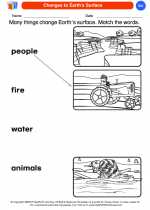 Changes to Earth's Surface
Changes to Earth's Surface  Coloring Worksheet
Coloring Worksheet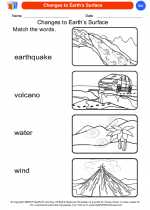 Changes to Earth's Surface
Changes to Earth's Surface  Coloring Worksheet
Coloring Worksheet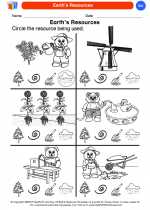 Earth's Resources
Earth's Resources  Coloring Worksheet
Coloring Worksheet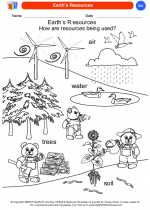 Earth's Resources
Earth's Resources  Coloring Worksheet
Coloring Worksheet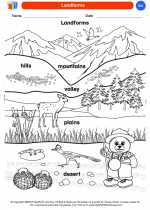 Landforms
Landforms  Coloring Worksheet
Coloring Worksheet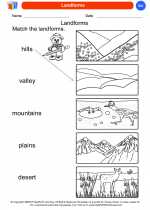 Landforms
Landforms  Coloring Worksheet
Coloring Worksheet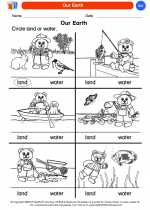 Our Earth
Our Earth  Coloring Worksheet
Coloring Worksheet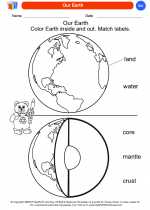 Our Earth
Our Earth  Coloring Worksheet
Coloring Worksheet Reduce-Reuse-Recycle
Reduce-Reuse-Recycle  Coloring Worksheet
Coloring Worksheet Reduce-Reuse-Recycle
Reduce-Reuse-Recycle  Coloring Worksheet
Coloring Worksheet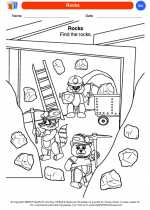 Rocks
Rocks  Coloring Worksheet
Coloring Worksheet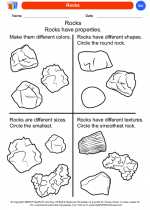 Rocks
Rocks  Coloring Worksheet
Coloring Worksheet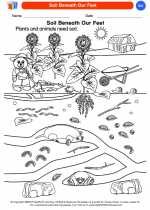 Soil Beneath Our Feet
Soil Beneath Our Feet  Coloring Worksheet
Coloring Worksheet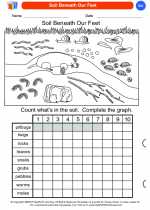 Soil Beneath Our Feet
Soil Beneath Our Feet  Coloring Worksheet
Coloring Worksheet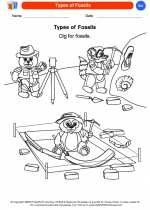 Types of Fossils
Types of Fossils  Coloring Worksheet
Coloring Worksheet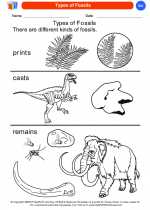 Types of Fossils
Types of Fossils  Coloring Worksheet
Coloring Worksheet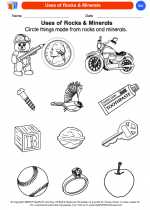 Uses of Rocks & Minerals
Uses of Rocks & Minerals  Coloring Worksheet
Coloring Worksheet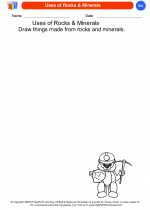 Uses of Rocks & Minerals
Uses of Rocks & Minerals  Coloring Worksheet
Coloring Worksheet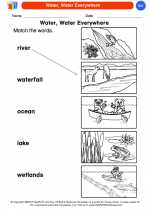 Water, Water Everywhere
Water, Water Everywhere  Coloring Worksheet
Coloring Worksheet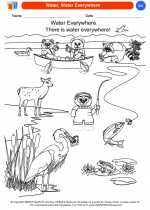 Water, Water Everywhere
Water, Water Everywhere 

 Coloring Worksheet
Coloring Worksheet
 Coloring Worksheet
Coloring Worksheet
 Coloring Worksheet
Coloring Worksheet
 Coloring Worksheet
Coloring Worksheet
 Coloring Worksheet
Coloring Worksheet
 Coloring Worksheet
Coloring Worksheet
 Coloring Worksheet
Coloring Worksheet
 Coloring Worksheet
Coloring Worksheet
 Coloring Worksheet
Coloring Worksheet
 Coloring Worksheet
Coloring Worksheet
 Coloring Worksheet
Coloring Worksheet
 Coloring Worksheet
Coloring Worksheet
 Coloring Worksheet
Coloring Worksheet
 Coloring Worksheet
Coloring Worksheet
 Coloring Worksheet
Coloring Worksheet
 Coloring Worksheet
Coloring Worksheet
 Coloring Worksheet
Coloring Worksheet
 Coloring Worksheet
Coloring Worksheet
 Coloring Worksheet
Coloring Worksheet

The resources above cover the following skills:
EARTH AND SPACE SCIENCE (NGSS)
Earth and Human Activity
Students who demonstrate understanding can:
Communicate solutions that will reduce the impact of humans on the land, water, air, and/or other living things in the local environment.